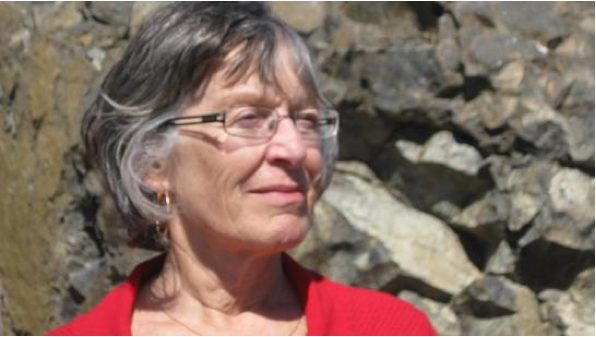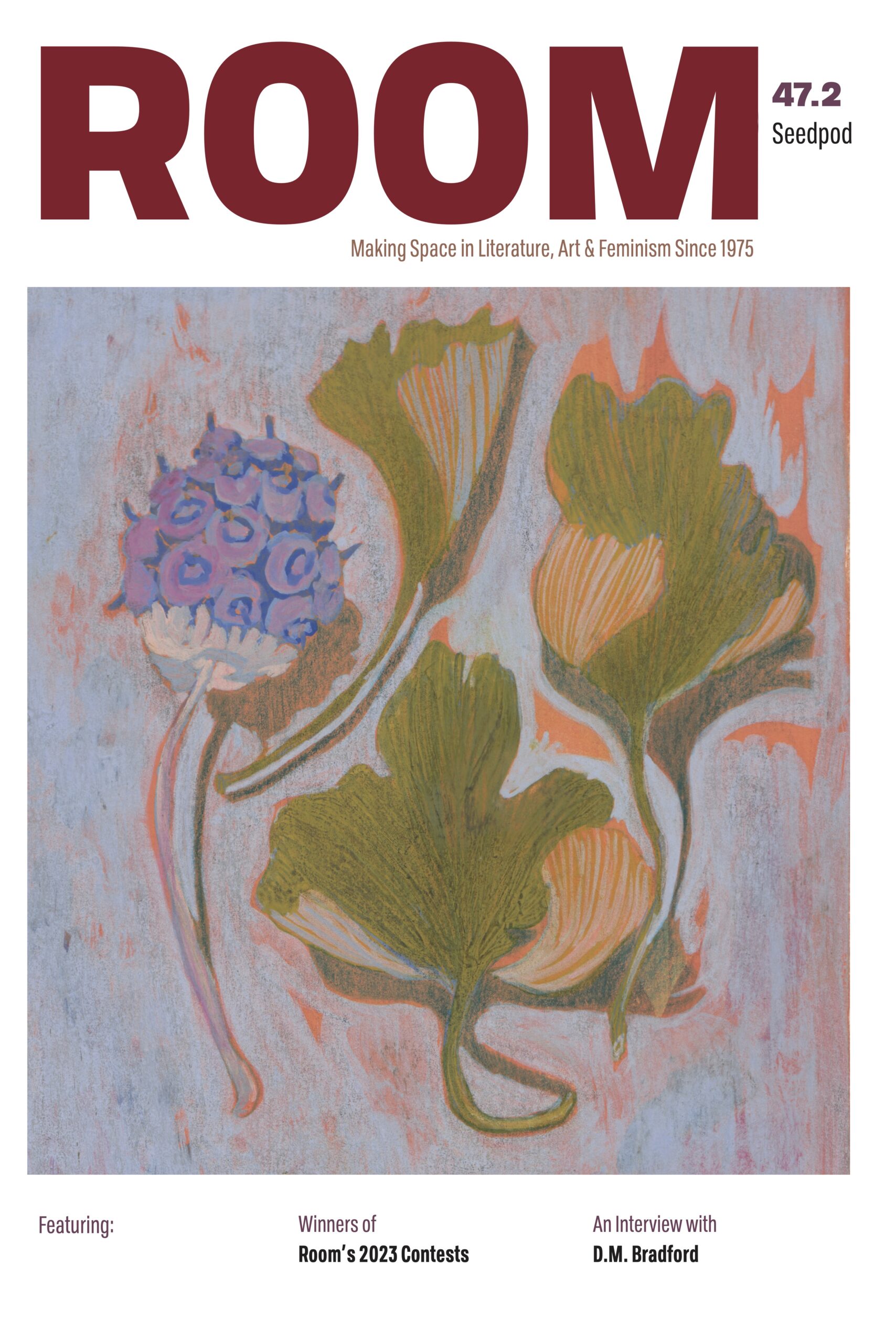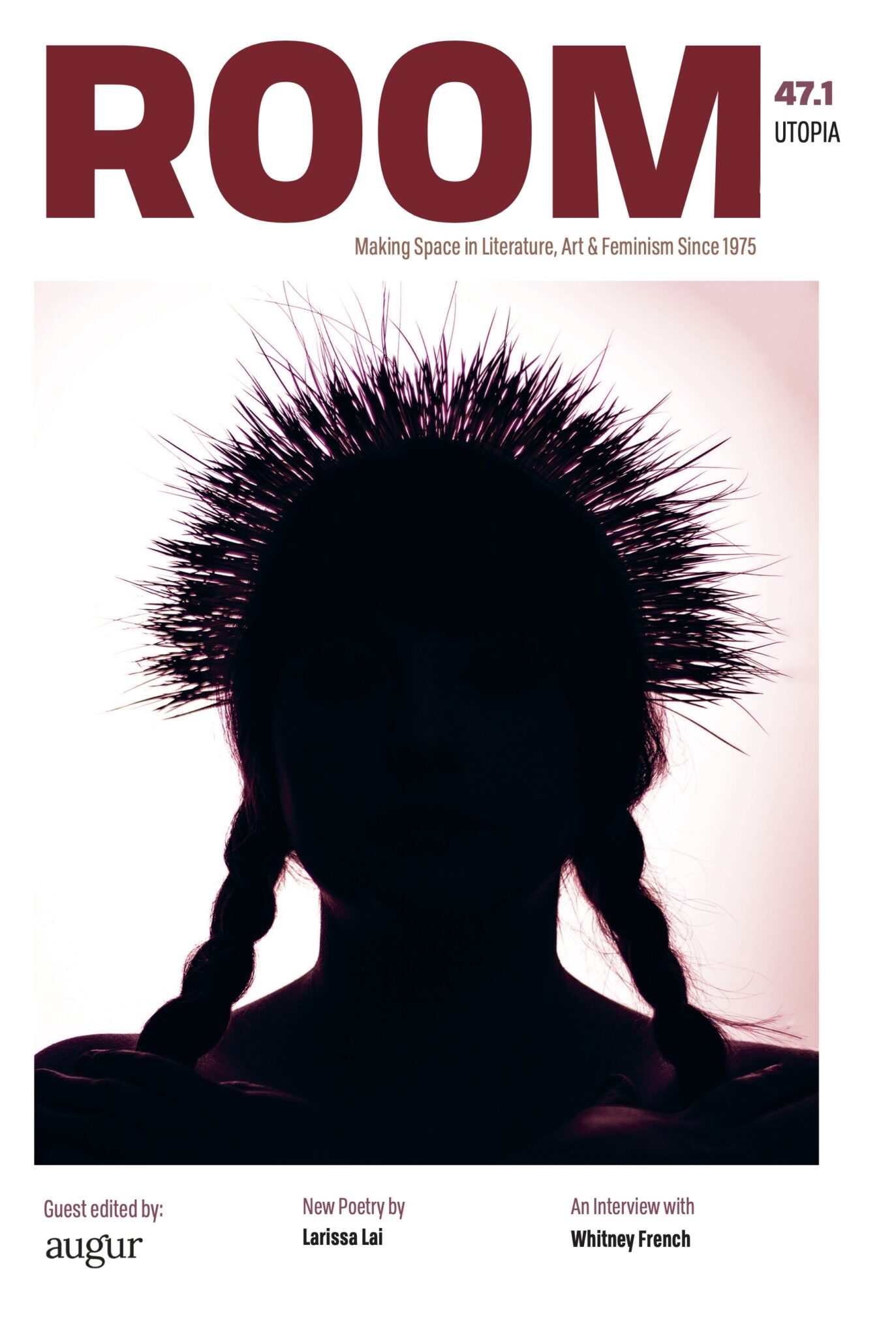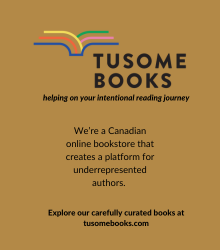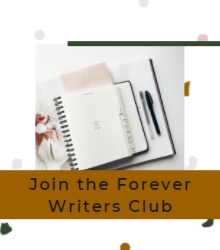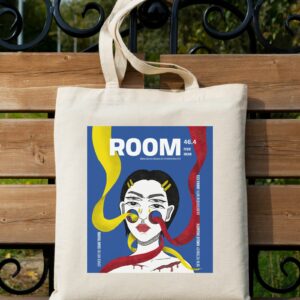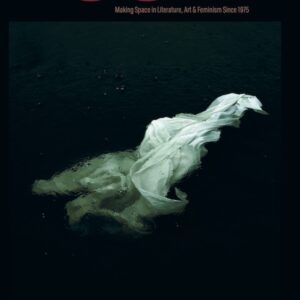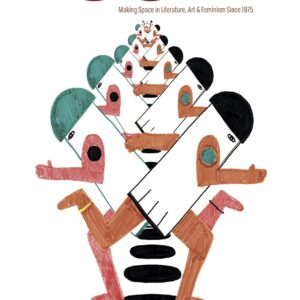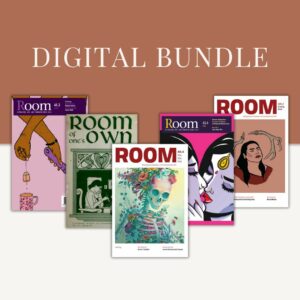A great piece of CNF grabs me by the heart and the gut (is there a difference?) from the start and holds me tight to the end. It makes me laugh or cry or better, both.
You’re a poet and a CNF writer. What is your process for writing creative non-fiction work? Does it differ from your poetic work?
I can sit down at a desk any time and write or work at non-fiction on demand, which is lovely. But poetry is like herding cats. A poem comes when it wants to come and all I can do is be there for it, feed it and pamper it when it does. I guess that makes CNF more like the dog in my household—far more tractable and subject to command. (Though definitely not always obedient!)
What do you think makes a great CNF piece?
Hard question, and I guess saying “I know it when I read it,” isn’t really an answer. It’s more like “I know it when I feel it.” A great piece of CNF grabs me by the heart and the gut (is there a difference?) from the start and holds me tight to the end. It makes me laugh or cry or better, both. It makes me nod—yes, yes! me too!—or gasp in recognition of some truth I hadn’t seen before, pieces of a puzzle I hadn’t connected in just that way. It’s honest, with just a touch of poetry, strikes me as someone truth-telling whether I like it or not—and goddess knows we need more clear-speaking.
What are the common mistakes with this genre?
Explaining too much, not trusting the reader. Explaining too little, losing the reader. Not enough sensory detail; too much. Not going deep enough and getting personal; being only personal. Do I sound elusive? In the end, the answer is, The mistakes are whatever doesn’t work, and that’s the magic of the genre, and of the individual voice. When CNF works, we can write a gripping description of a stone. Which leads into your next question.
Do you have any advice for writers looking to experiment with the genre?
Trust your gut even if what you’re doing seems crazy or if it’s scary, especially if it’s scary. Never write it, or write it a certain way, just because you “should.” Trust your gut. I recently read a piece by Yvonne Blomer in which she adapted the Japanese haibun form of poetry to CNF travel writing. It was exhilarating in its fresh way of looking, in helping me, the reader, see her trip in a different way. That’s what Ezra Pound told the poets, “Make it fresh.” “Fresh” doesn’t have to mean extreme, as in violent, or shocking, or merely clever, which seems to be the way much of the media and writing is done these days. The skill, and what I think will be long-lasting, is in writing about the ordinary—what we all know – in a new way. And did I say, trust your gut?
What writers working in non-fiction do you admire? To you have a favourite book or author?
At the moment, I’m immersed in Wendell Berry. He’s clear, articulate and intelligent in tackling current issues like place and faith and community, but gripping in how he does it. He’s just plain a good writer—the sentences flow, the structure is impeccable—but he’s also a thinker as well as a dreamer, a spiritual, compassionate being as well as an intelligent, critical one.
I love Jane Silcott’s essays for their good-humoured daring honesty in speaking the life of a woman, Andrew Nikiforuk’s work for its passion, Betsy Warland’s for her experiments with space and breath, Thomas King’s for his truth-telling and ability to straddle two worlds… There are—thankfully—so many great CNF writers!
A few years ago, Room had an issue around the theme of “Labour”. Going through the CNF submissions, it was striking to notice how many of the pieces concerned giving birth and how few focused on women’s experiences in the workforce. As someone who has written a great deal about working in male dominated fields, how has your work been received? How does working in the trades inform your writing?
I’ve always been a bit overwhelmed with how well my writing about construction has been received, at the same time as harbouring the suspicion that people are less moved by the skills of the writer than by the fact that I dare do this work at all—content over technique. But then, I want people to get the content too, the message that women can do this work, and that blue collar, so-called “dirty work” is honourable and important and satisfying. Starting with my years as a member of the Vancouver Industrial Writers Union—a group of poets who primarily wrote about work—I’ve felt that work writing is a political act of the first order. What if we all honoured our work as secretaries, as social workers, as janitors, by taking the time to write about it and to read it to others doing the same hard, vital work that keeps the world moving? What someone does for work is deeply important to who they are—to who we all are.
You’ve written a great deal about artists both in your poetic work (Inward to the Bones and Georgia O’Keefe; A Well Mannered Storm and Glenn Gould) and in your non fiction work. Can you speak about how your encounter with art in other media influences your writing?
Other artists—in any genre—Inspire me. It is a hard thing we artists do—emotionally, intellectually, physically and spiritually draining, all for little recognition and less financial reward. Yet it’s art that keeps me going. I’m deeply moved and inspired, over and over, by other people’s art—written, visual, sculptural, architectural, landscaped, musical…. All of it. Grateful. And I think: if they can do this, if they can persevere then so can I.
